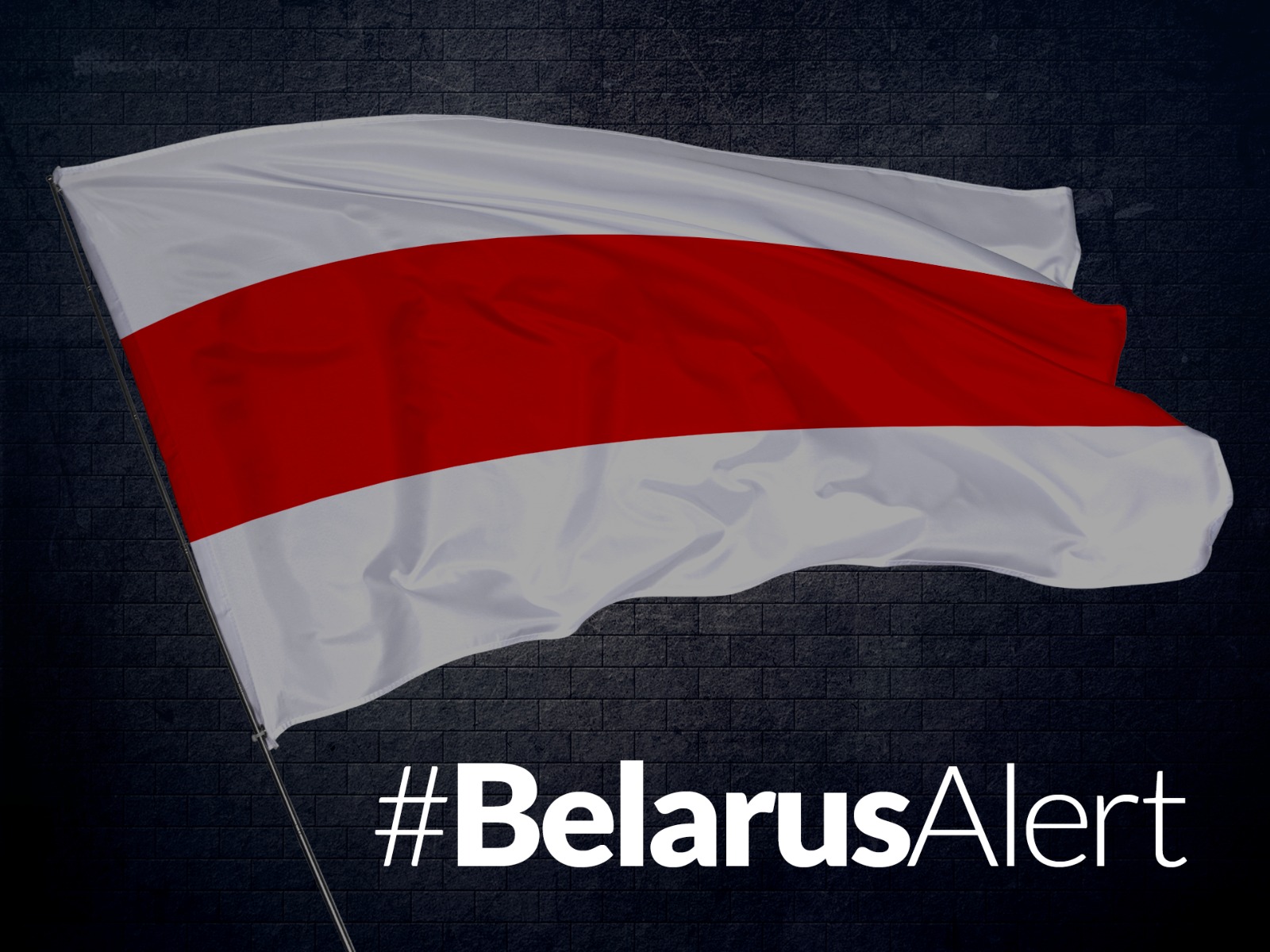BELARUSALERT – DAY 27 & 28
Date: 7 September 2020
Diplomatic struggle | Women’s march and student protest

The European Union’s attitude towards the Belarusian crisis has been incoherent from the very beginning and raises objections – on the one hand, of the supporters of a hard course towards Lukashenko, on the other, of the sceptics warning against going to the proverbial war against the dictator. Work on sanctions against those responsible for the repression of peaceful protesters and electoral fraud in Belarus is continuing since mid-August. Lithuania, Latvia and Estonia are strongly in favor of sanctions against Lukashenko. These countries, without waiting for the EU’s decision, have already imposed their own restrictions on 30 representatives of Belarusian authorities, including Lukashenko. The head of the Ministry of Foreign Affairs of Lithuania – Linas Linkevičius, even urged to the EU to state that since August 9 Lukashenko is the former president of Belarus and that his actions are illegal and unacceptable in Europe. However, it is already known that the sanctions of the entire EU will be much less severe for Lukashenko’s regime. There is talk of sanctioning several people, but not Lukashenko himself. According to EU diplomats, the list is to be published within the next two weeks. The leader of the Belarusian opposition – Sviatlana Tsikhanouskaya, called on the UN on Friday to condemn the brutal violence used by the security services against the protesters. She called for a UN observation mission to be sent to Belarus. Governmental cooperation between Belarus and Russia is increasingly getting stronger. After the meeting of the Heads of Diplomacy and later Lukashenko’s with Prime Minister Mishustin, the Belarusian Minister of Defense visited Russia. “The destructive forces in Belarus, encouraged by Poland, Lithuania, the Czech Republic and Ukraine, tried to change power. State authorities opposed this,” announced General Viktar Khrenin on Friday, September 4. The head of the Ministry of Defense spoke at the meeting of ministers of the Commonwealth of Independent States (CIS), Shanghai Cooperation Organization (SCO) and Collective Security Treaty Organization (OUBZ) in Kubinka near Moscow. Minister Khrenin argued that Western countries tried to organize a color revolution in Belarus. However, they failed and are now moving on to a hybrid war.
A women’s march took place in Minsk on Saturday, September 5, with an estimated 10,000 people taking part. The militia allowed them walk on the streets of the capital without stopping any of the participants. The police forces were more brutal in handling another protest that took place in Minsk that day. The students took to the streets in solidarity with their colleagues detained in the previous days (on Friday, September 4, the militia even broke into one of the universities). This time more than 20 people were detained. On the same day, several hundred people demonstrated in Gomel, where the militia detained at least two people. The Polish government confirmed that Sviatlana Tsikhanouskaya will visit Warsaw on September 9 and meet with Prime Minister Mateusz Morawiecki. The main representative of Tsikhanouskaya in Belarus – Volha Kavalkava, was forced by the authorities to leave for Poland. Kavalkava was sentenced to 10 days in prison on August 25. When she served her sentence, she was imprisoned for another 15 days. However, the KGB deported the woman and left her on a no man’s land on the Belarusian-Polish border. On Saturday she spoke at a press conference in Warsaw together with the head of the Polish Prime Minister’s office. Michał Dworczyk reminded that any person subjected to political repressions in Belarus can count on the support and care of the Polish state.
All texts published by the Warsaw Institute Foundation may be disseminated on the condition that their origin is credited. Images may not be used without permission.















